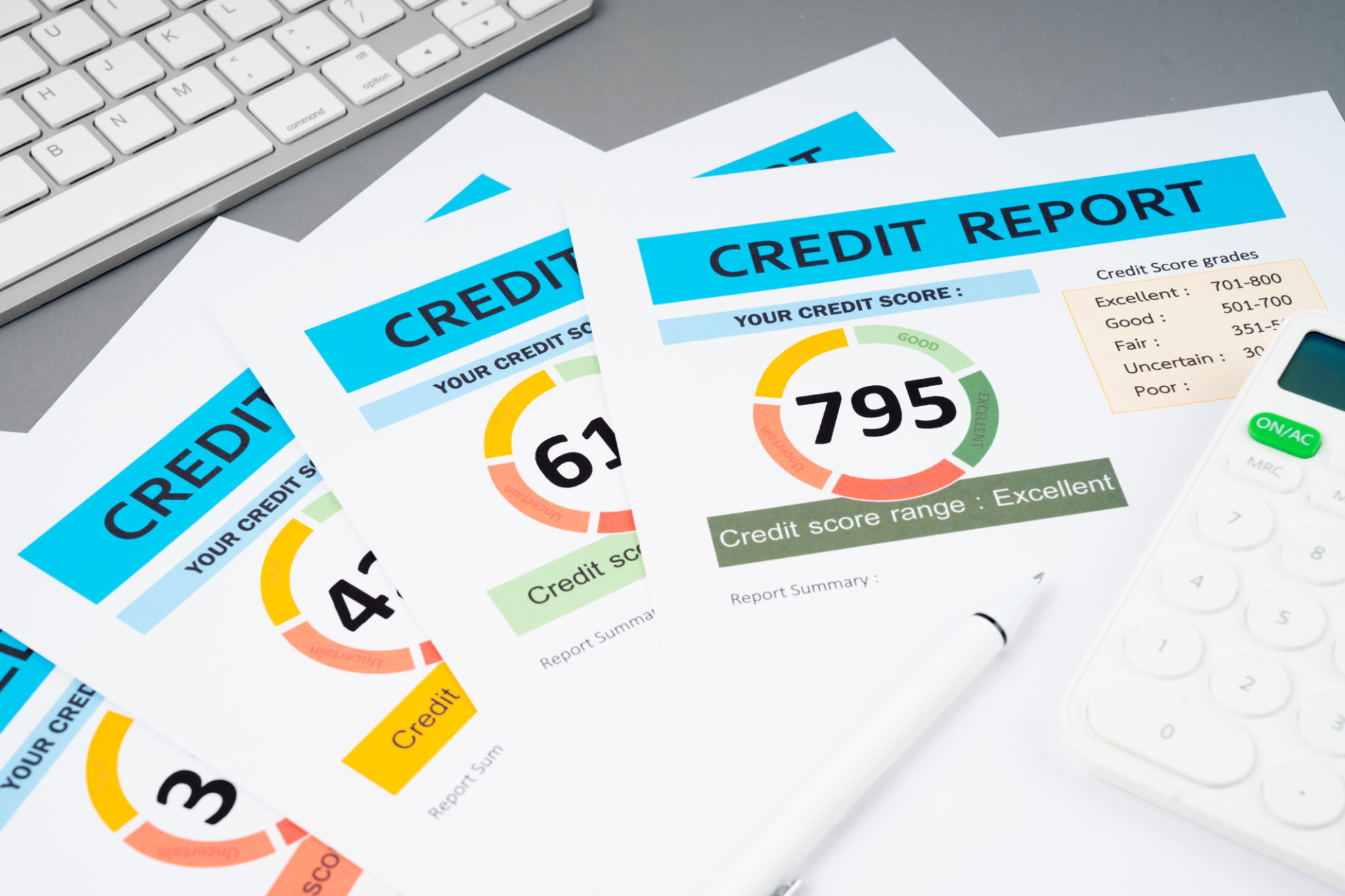Comparing Personal vs. Business Credit: What You Need to Know
Understanding Personal Credit
Personal credit refers to the credit history and score associated with an individual. It reflects a person's ability to manage debts and make timely payments. Lenders, such as banks and credit card companies, use this information to determine eligibility for loans and credit cards. A strong personal credit score can open doors to better interest rates and financial opportunities.
Several factors influence personal credit scores, including payment history, credit utilization, length of credit history, types of credit used, and new credit inquiries. Maintaining a good credit score requires responsible financial behavior, such as paying bills on time and avoiding excessive debt.

Exploring Business Credit
Business credit, on the other hand, is tied to a company rather than an individual. It reflects a business's financial health and its ability to meet financial obligations. Business credit scores are crucial for companies seeking financing, as they help lenders assess the risk of extending credit.
Factors influencing business credit include the company's payment history with suppliers and lenders, the amount of available credit, and the overall financial stability of the business. Establishing good business credit involves maintaining positive relationships with vendors and ensuring timely payments.

Key Differences Between Personal and Business Credit
While both personal and business credit involve assessing creditworthiness, there are significant differences between the two. Personal credit is linked directly to an individual's Social Security number, whereas business credit is associated with a company's Employer Identification Number (EIN).
Another difference is in the reporting agencies. Personal credit is managed by consumer credit bureaus like Equifax, Experian, and TransUnion. In contrast, business credit is reported by agencies such as Dun & Bradstreet, Experian Business, and Equifax Business.
Impact on Financial Opportunities
A strong personal credit score can enhance an individual's borrowing capacity for personal loans, mortgages, and credit cards. However, using personal credit for business purposes might limit access to higher amounts of funding needed for business growth.

Conversely, establishing solid business credit allows companies to access larger loans, better interest rates, and favorable terms without impacting the owner's personal credit. This separation can also protect personal assets if the business encounters financial difficulties.
How to Build and Maintain Business Credit
Building business credit requires a strategic approach. First, register your business as a separate legal entity, such as an LLC or corporation. Obtain an EIN from the IRS and set up a business bank account. This establishes a clear distinction between personal and business finances.
- Open accounts with vendors that report to business credit bureaus.
- Ensure timely payments to build a positive payment history.
- Regularly check your business credit reports for accuracy.
By following these steps, businesses can gradually build a robust credit profile that will be instrumental in achieving long-term growth.

